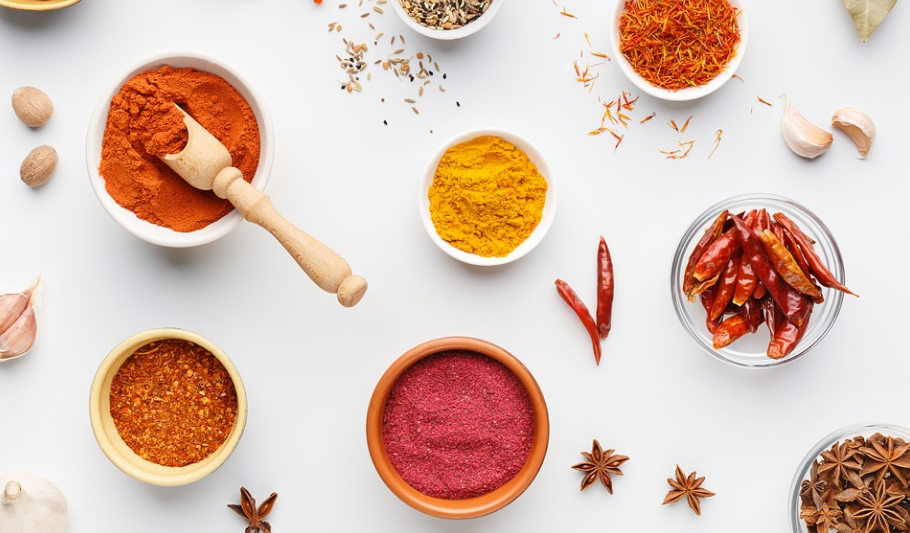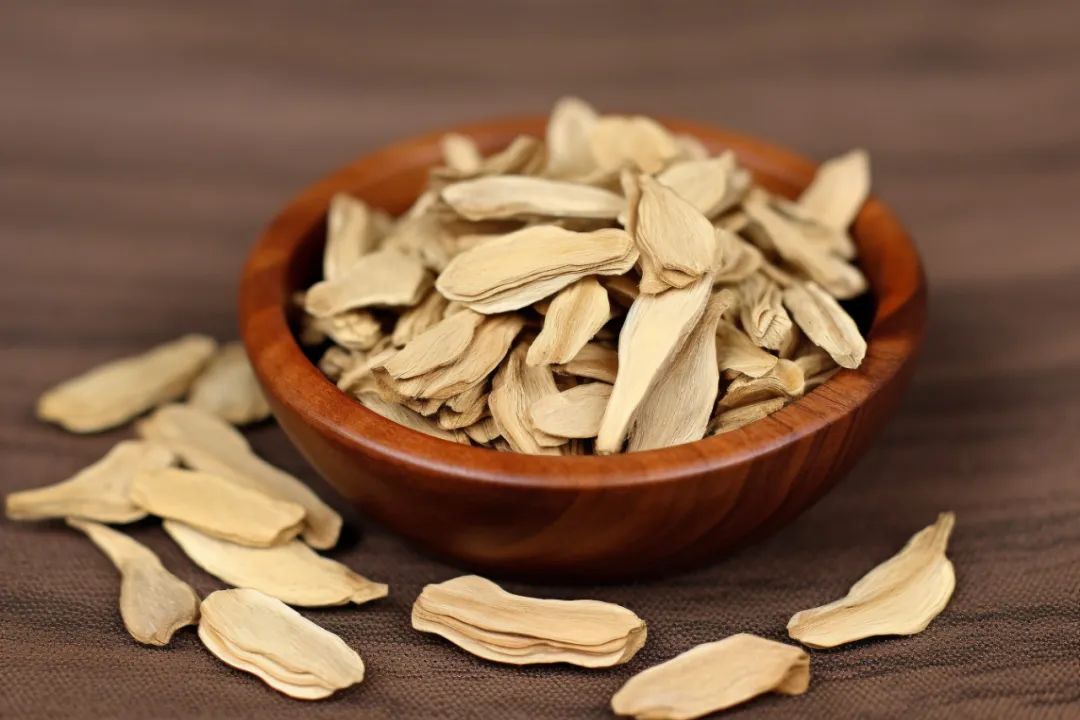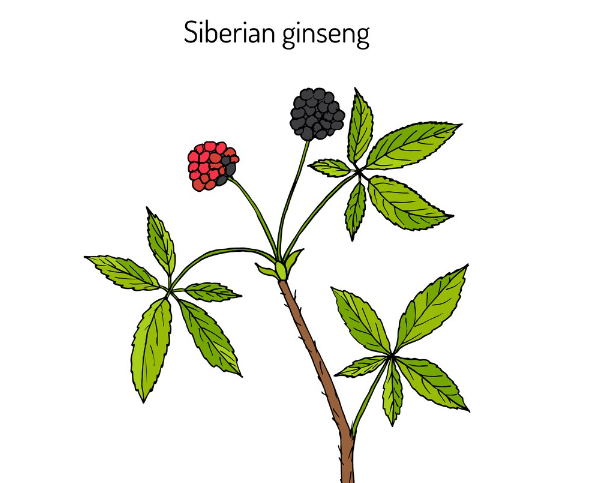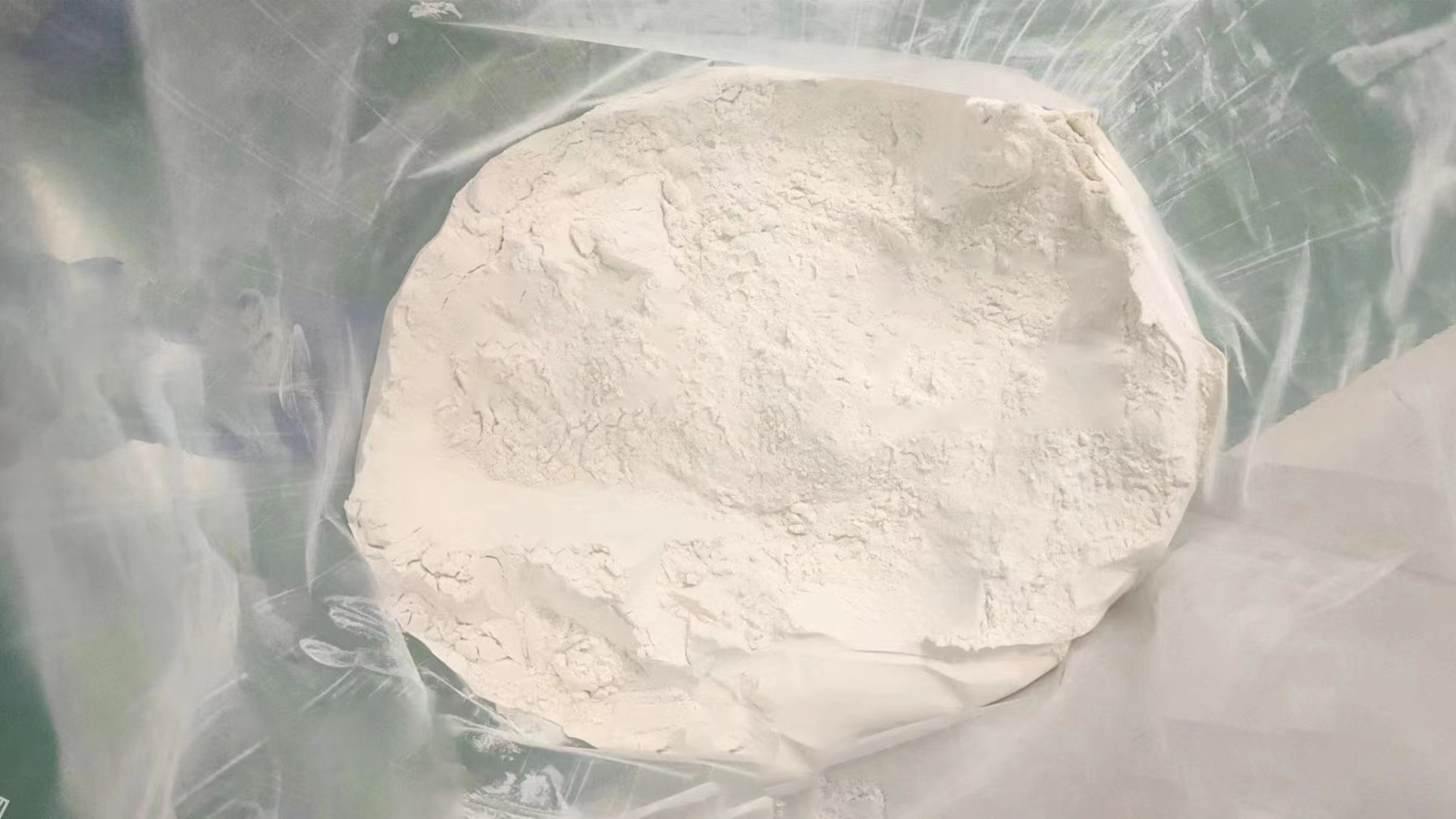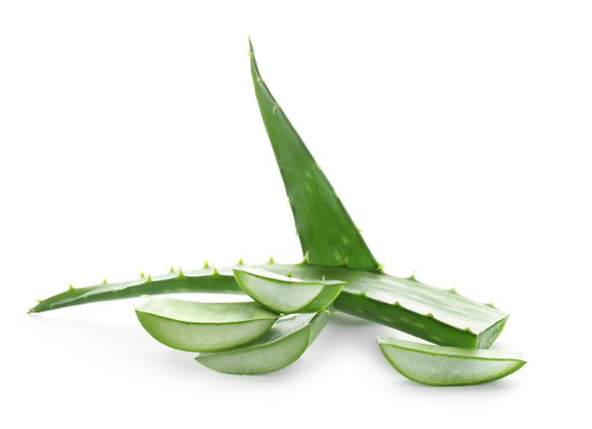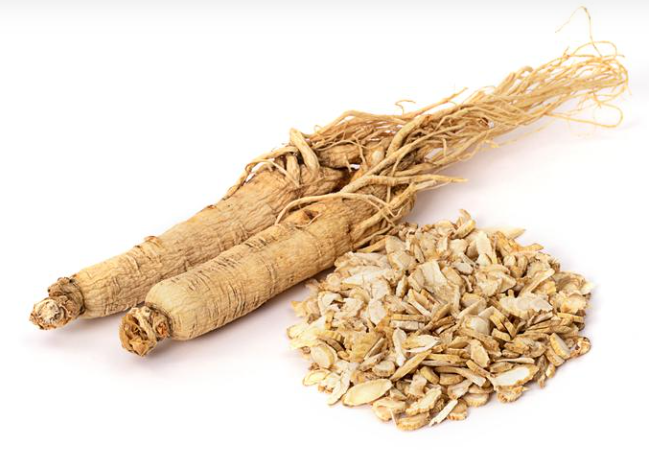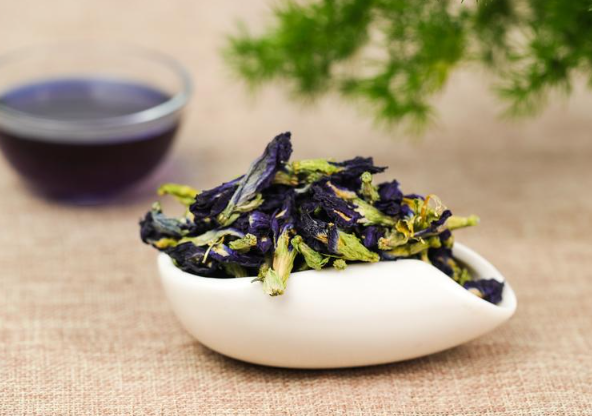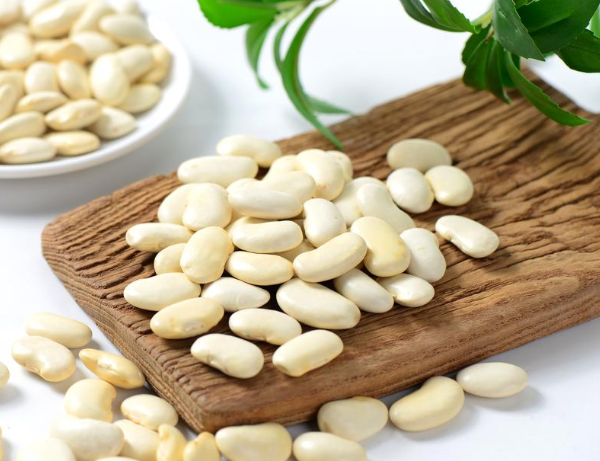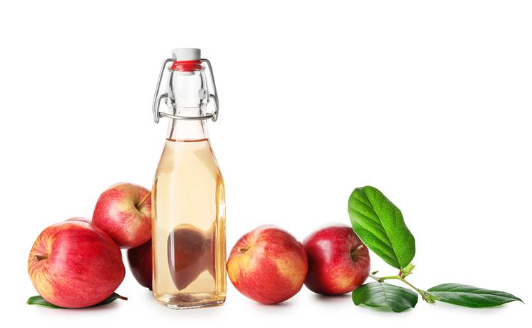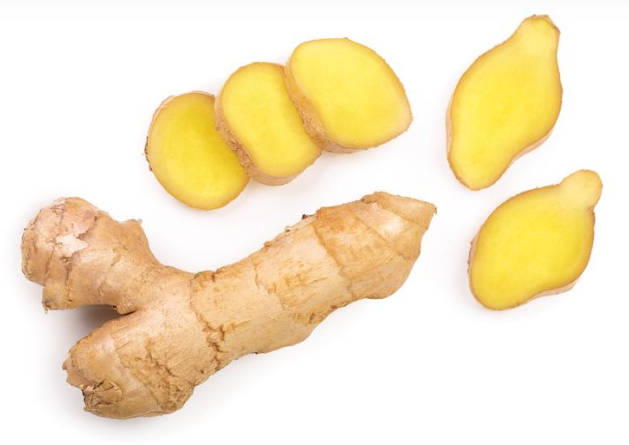What is “Quercetin”?
Quercetin is a type of flavonoid classified as a flavonol, one of the six subclasses of flavonoid compounds. Quercetin is widely present in vegetables and fruits, such as apples, berries, tomatoes, grapes, onions, and also occurs in medicinal plants like ginkgo leaves, and forsythia.
The name "quercetin" is derived from quercetum (Latin for "oak forest") and has been in use since 1857. It is a naturally occurring polar auxin transport inhibitor. Quercetin is a glycoside compound, bright yellow needle-shaped crystals, insoluble in cold water, slightly soluble in hot water, highly soluble in alcohol and lipids. Quercetin glycosides are formed by replacing one of the hydroxyl groups (usually located at position 3) with a sugar base (glucose, galactose, or rhamnose). The attached sugar base can modify solubility, absorption, and biological activities in the body.
In 2010, quercetin obtained FDA's GRAS (Generally Recognized As Safe) certification, allowing its use in beverages, grain products, noodles, processed fruits and fruit juices, and gummy candies, with a maximum content of 500 milligrams per serving. In Japan and Korea, quercetin is utilized as a food additive.
"Free radical scavenger" quercetin supplement benefits
Free radicals are generated during the body's metabolism and are one of the contributing factors to many diseases, causing cell membrane damage, genetic mutations, accelerating aging, and inducing various conditions like heart disease, liver damage, and diabetes. Studies have found that quercetin is one of the most effective free radical scavengers within the flavonoid family.
The antioxidant capacity of quercetin is positively correlated with its concentration, and it mainly exerts its antioxidant effects by influencing glutathione (GSH), enzyme activity, signal transduction pathways, and reactive oxygen species (ROS).
Animal and cell studies have revealed that quercetin can induce the synthesis of GSH, leading to increased GSH levels during kidney ischemia/reperfusion (I/R) treatment. It can elevate the levels of superoxide dismutase (SOD) and catalase (CAT), while reducing malondialdehyde (MDA) levels induced by lipopolysaccharide (LPS) stimulation. It can improve the body's antioxidant status, repair spinal cord injuries, atherosclerosis, and damage caused by lead or cadmium toxicity. Quercetin can scavenge ROS, thereby resisting oxidative damage, such as respiratory injuries and radiation-induced ultraviolet skin damage, all of which indicate that quercetin can enhance the antioxidant defense system.
What is quercetin used for?
Quercetin is used for various purposes due to its potential health benefits and bioactive properties. Some common uses and applications of quercetin include:
1, Blood Pressure Regulation, Quercetin blood thinner
Quercetin demonstrates its ability to regulate blood pressure by altering various factors that control blood pressure, such as vascular compliance and resistance, total blood volume dependent on fluid levels, the autonomic nervous system, and the renin-angiotensin system. Additionally, quercetin has a unique role in regulating ENaC (epithelial sodium ion channels) gene expression, which is mediated by activating NKCC1 (Na+-K+-2Cl− cotransporter 1) to control [Cl-]c (intracellular solute chloride concentration).
A randomized, double-blind, placebo-controlled, crossover study indicated that a daily intake of 730 milligrams of quercetin for four weeks can reduce both systolic and diastolic blood pressure in stage 1 hypertensive patients, but it had no effect on pre-hypertensive blood pressure levels. Another study involving patients with metabolic syndrome found that a daily intake of 150 milligrams of quercetin for five weeks could lower systolic blood pressure.
2, Zinc Quercetin benefits for Immune Support
In both in vitro (cell) and in vivo (animal) experiments, quercetin has shown immunomodulatory effects. A study on mice found that quercetin protected against radiation-induced inflammation by increasing cytokine secretion and exhibited activity against isoproterenol-induced myocardial oxidative damage and immune function impairment, which is associated with quercetin's antioxidant activity. And, Zinc quercetin is a combination of two natural compounds, zinc, and quercetin. The combination of zinc and quercetin in a supplement may offer a synergistic effect, potentially enhancing their individual benefits.
3, Quercetin and bromelain benefits Joint Health
Quercetin can increase the production of collagen and fibronectin in the human body. In laboratory studies, quercetin has been found to inhibit inflammation in arthritis patients, and research suggests that transitioning to a diet rich in flavonoids can significantly improve symptoms in rheumatoid arthritis patients.
Although quercetin has many health benefits, it has low water solubility (only 0.01 mg/ml), low stability, and low bioavailability (approximately 2%). Therefore, adding bromelain can assist with absorption.
4, Lowering Uric Acid
An experiment conducted on rats with hyperuricemia found that after treatment with quercetin, xanthine oxidase activity was inhibited, oxidative stress levels decreased, and hyperuricemia improved. The mechanism behind this may be that quercetin inhibits the activity of xanthine oxidase and adenosine deaminase in the body, reducing the production of blood uric acid and thus lowering serum uric acid levels.
Some quercetin supplements available on the market contain ingredients like sour cherry, quercetin, vitamin E, vitamin B, vitamin C, turmeric, bromelain, and grape seed extract, offering support for uric acid levels, kidney function, and joint health.
Who should not take quercetin? Why and is there any science behind?
The precautions and potential interactions with quercetin are based on scientific research and studies. While quercetin is a naturally occurring compound found in many fruits and vegetables and is generally considered safe when consumed in dietary amounts, its use as a supplement may warrant caution for certain individuals due to specific biological interactions and potential side effects.
Here are some reasons behind the precautions and the scientific evidence supporting them:
1, Pregnancy and Breastfeeding: The safety of quercetin supplements during pregnancy and breastfeeding has not been extensively studied. Some animal studies have shown potential adverse effects on pregnancy outcomes at high doses, but human studies are limited. As a precaution, pregnant and breastfeeding women are generally advised to avoid high-dose quercetin supplements to err on the side of safety.
2, Allergic Reactions: Quercetin is a type of flavonoid, and some individuals may be sensitive or allergic to flavonoids. Allergic reactions may manifest as skin rashes, itching, or even more severe symptoms. While true allergies to quercetin are relatively rare, it's essential to be cautious if you have a known history of flavonoid allergies.
3, Kidney and Liver Disorders: Quercetin may interact with certain medications used for kidney and liver disorders, potentially affecting their effectiveness or causing adverse reactions. Individuals with pre-existing kidney or liver conditions should consult their healthcare provider before using quercetin supplements.
4, Blood Thinning Medications: Quercetin has mild blood-thinning properties, and it may interact with blood-thinning medications like warfarin, aspirin, or other anticoagulants, potentially increasing the risk of bleeding. People taking blood thinners should monitor their intake of quercetin and consult their healthcare provider to avoid potential interactions.
5, Drug Interactions: Quercetin can interact with various medications, including antibiotics, immunosuppressants, and antiviral drugs, potentially altering their efficacy or increasing the risk of side effects. People taking medications should consult their healthcare provider before adding quercetin supplements to their regimen.
It's important to note that while some interactions are known and supported by scientific studies, others may be based on limited evidence or case reports. Nevertheless, it is always advisable to consult with a healthcare professional before starting any new supplement, especially if you have specific health concerns or are taking medications to ensure safety and avoid potential adverse effects or drug interactions.
Referance:
1, The Effects and Mechanism Study of Quercetin and Apigenin on Hyperuricemic Rats at the Same Dose. DOI: CNKI:SUN:XDYF.0.2012-06-014
2, Li Y, Yao J, Han C, Yang J, Chaudhry MT, Wang S, Liu H, Yin Y. Quercetin, Inflammation, and Immunity. Nutrients. 2016 Mar 15;8(3):167. doi: 10.3390/nu8030167. PMID: 26999194; PMCID: PMC4808895.
3, Xu D, Hu MJ, Wang YQ, Cui YL. Antioxidant Activities of Quercetin and Its Complexes for Medicinal Application. Molecules 2019, 24, 1123. https://doi.org/10.3390/molecules24061123
4, Marunaka Y, Marunaka R, Sun H, Yamamoto T, Kanamura N, Inui T, Taruno A. Actions of Quercetin, a Polyphenol, on Blood Pressure. Molecules 2017, 22, 209.
5, Jafarinia M, Sadat Hosseini M, Kasiri N, et al. Quercetin with the potential effect on allergic diseases. Allergy Asthma Clin Immunol 16, 36 (2020).




